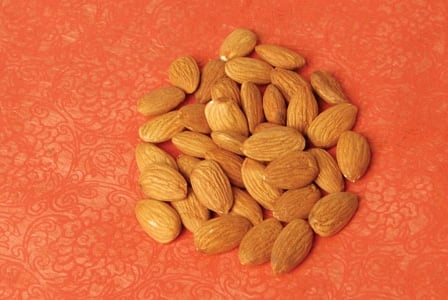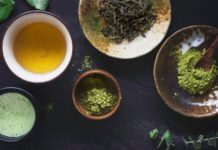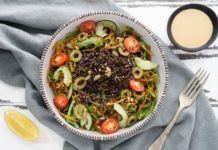
Remember when peanut butter was innocent? It used to be a kid\’s lunch staple and a favourite comfort food, but lately it\’s taken a bad rap because some people may have serious allergic reactions to it.
Remember when peanut butter was innocent? It used to be a kid’s lunch staple and a favourite comfort food, but lately it’s taken a bad rap because some people may have serious allergic reactions to it.
But plenty of tasty nut and seed butter alternatives to peanut butter are available–and if it is safe for you to enjoy peanuts (which aren’t actually a nut but a member of the legume family), then you can also reap their nutritional benefits. A study published in the British Journal of Nutrition in November 2006 concluded that peanuts “contribute significantly” to dietary antioxidants.
Nuts can be an important part of a healthy diet. All nut and seed butters are packed with antioxidants, fibre, healthy fats, vegetarian protein, vitamins, and minerals. While relatively high in fat, nuts contain mostly monounsaturated and polyunsaturated fats–the same kind of healthy fat provided by olive oil. Just avoid nut and seed butters made with hydrogenated oils (the process of hydrogenation prevents the oils and solids from separating, but hydrogenated oils contain toxic trans fats).
A review of epidemiologic and clinical studies published in Nutrition Reviews in April 2001 reported that consuming nuts regularly can lower risk of heart disease, probably because nuts are high in fibre and essential fatty acids (EFAs). After studying more than 21,000 male participants for 17 years in the Physicians’ Health Study, researchers concluded that “nut intake was associated with a significantly reduced risk of sudden cardiac death after controlling for known cardiac risk factors and other dietary habits.”
So spread them in sandwiches, on crackers, apples, or celery sticks, or blend them into soups and stir-fries; nut butters are a heart-smart food.
Almonds
are high in
- healthy monounsaturated fats
- protein
- vitamin E
- flavonoids
- magnesium
- potassium
- copper
- vitamin B12
why eat them
- lower cholesterol levels
- protect against high blood pressure
- may reduce risk for colon cancer
- are a significant protein source: 2 Tbsp (30 mL) contain 4.8 g of protein–as much as one small egg
Cashews
are high in
- monounsaturated fats, especially oleic acid, found in olive oil
- copper
- magnesium
- phosphorus
why eat them
- promote cardiovascular health
- high in antioxidants
- contain minerals essential for maintaining healthy bones, lowering blood pressure, and reducing sleep disturbances
Hempseeds
are high in
- healthy polyunsaturated fats (70 percent)
- EFAs
- vitamin E
- protein
why eat them
- contain an optimal ratio of omega-3 to omega-6s EFAs
- the only natural food source of GLA
- high in antioxidants
- are 25 to 30 percent protein and include eight essential amino acids
Peanuts
are high in
- monounsaturated fats
- antioxidants (comparable with blackberries)
- vitamin E
- folic acid
- protein
- niacin–2 Tbsp (30 mL)–provides about one-fifth of your daily recommended intake of this B vitamin
why eat them
- contain the beneficial flavonoid resveratrol, found also in grape skins (and red wine)
- may reduce risk for cardiovascular disease
- high concentration of antioxidants fights free-radical damage
- may help prevent gallstones
Pumpkin Seeds
are high in
- zinc
- magnesium
- manganese
- iron
- copper
- protein
- phytosterols
why eat them
- may promote prostate health
- help maintain healthy bones
- contain anti-inflammatory properties useful in treating arthritis
- reduce cholesterol levels















